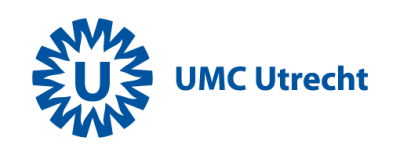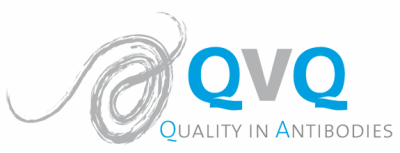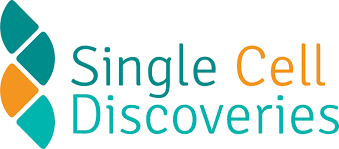CLEAR COVID-19
The current COVID-19 pandemic has a strong impact on individual health and social interactions but also on health care systems, and the economy. COVID-19 is caused by coronavirus SARS-COV-2, and associates with mild and severe disease that cannot be predicted. Furthermore, antiviral therapeutics that directly limit or prevent viral replication are lacking.
The collaborative laboratories from the University Medical Center Utrecht (UMCU) will develop a unique COVID-19 biobank, include viral isolates and nasal airway epithelial cells from patients, which will be used to quantitate in vitro characteristics related to virus-epithelium interactions, and to study correlations with mild or severe COVID-19 in patients. This will be done together with Single Cell Discoveries by assessment of viral replication and epithelial gene expression by single cell RNA sequencing. Additionally, nasal airway epithelial cell cultures will be used for large scale SARS-CoV-2 antiviral drug screening. Drugs of interests are published products and in-house FDA approved drugs (~1400 compounds), proprietary antimicrobial peptides with observed efficacy to SARS-CoV-2 pseudo-virus (Utrecht University) and various products with different modes-of-action from private parties First Health Pharmaceuticals , QVQ Holding B.V. and Vossensteyn Biomedical. Additional studies will be performed to determine how promising antiviral drugs impact SARS-CoV-2 infection, what the influence is of combinatory treatment, and how drugs impact viral-induced RNA expression in airway epithelial cell cultures.
The proposed efforts will help to prioritise candidate antiviral drugs for further drug development, and may lead to rapid clinical testing dependent on the identified hits. Identified molecular and cellular mechanisms that associate with clinical disease may be explored for diagnostic product development. The biobank and airway culture models used in this project will broadly support (inter)national efforts to control current and future airway infections.






